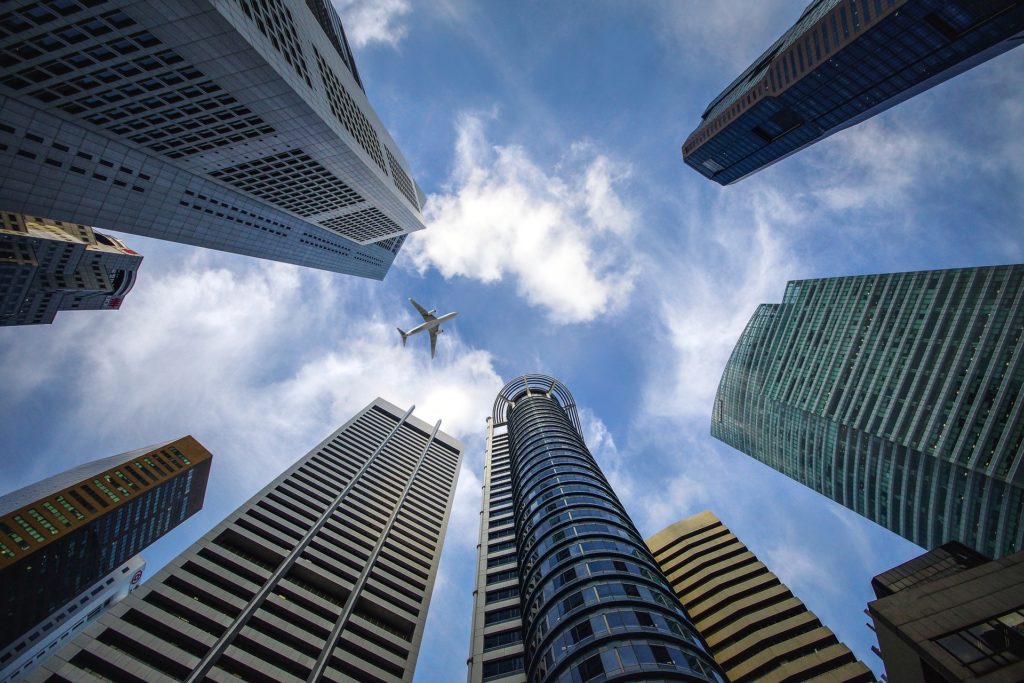
Image via Pixabay – CC0 Licence
Moving house is exciting, but ultimately one of the most stressful things you can do. Without carefully planning, both financially and on the project management front, you can easily find it all quite overwhelming. And if you’re planning a move abroad? Expect all that to multiply. Creating a new life abroad is something a lot of us think about – to give your family better prospects or a more outdoors way of life, to develop your career or even to make your retirement savings go further. It can be quite an intoxicating dream – but the reality is hard work, with lots of decisions to be made. So before you take the plunge and embrace the expat way of life, what do you need to know?
Take Your Time
Moving abroad is a huge upheaval in many ways. For the first few months, the sheer administrative burden can eat up all your headspace – finding an apartment, getting your visa, setting up transport and utilities in your new home, settling into a job, exploring a location and beginning to make friends, all take plenty of time. You can experience a lot of anxiety when grappling with everyday challenges such as working out your commute, making a doctor’s appointment or trying to set up broadband. You may feel that you have to make a big cultural adjustment, you’ll be missing friends, family and the ease of living somewhere that everything is familiar. It’s very easy to feel overwhelmed in the early days of being an expat, and to begin to think that you’ve made a mistake. Try to accept that these feelings are absolutely normal and don’t make any hasty decisions. Settling into a new location simply takes time. Realistically, it can take around six months to truly feel like you’re getting into the swing of it. Celebrate the small stuff – the tiny victories and the steps you’re gradually making to build a life somewhere new. Be kind to yourself and lower your expectations – it takes time to feel comfortable, to put down roots and to form a support network. In six months, things could look a lot different – you may well feel at home, so give yourself time before forming an opinion.
Sort Out Your Bank Account
Most things that you want to do will require access to money, so sorting out your bank account abroad should be a primary concern. In fact, it’s much better to start the application process before you move. Do your research to make sure that you’re selecting a reputable organisation – the banking system isn’t as developed in some locations. You will need to be sure that you can hold an account as a foreign citizen (some banks will not allow this due to tax regulation compliance with your home country). Check that your deposits are guaranteed and who by – this can be the government or a private organisation. Look into interest rates, access to ATM machines, processing of foreign payments and whether a card is offered with an international payment scheme like Visa or MasterCard. Without a working bank account, you’ll experience issues with finding housing, getting a mobile phone and even getting paid, so find out what documents you need and what the process is and start applying before you’ve even booked a flight.
Work On Your Credit Score
If you leave your home country for an extended period, be aware of the impact it can have on your credit score, especially if you are planning to move back after some years, or you could well be storing up financial problems for the future. Not being registered on the electoral role, or holding a bank account in your home country can mean that your credit score drops and when you come back you may have problems accessing loans and credit. Prevent this from happening by using your home country credit card a few times a year to make purchases, and then settling the balance in full. This simple practice can keep your score buoyant for when you return.
Don’t Skip Out On Retirement Savings
When you move somewhere where the cost of living is much lower than your home country, it’s easy to develop a false sense of security when it comes to your financial future. No matter what happens, you should keep on with your retirement savings plan at the same rate as you would have at home. If you are working for the same company, check that your pension plan contributions are still in place, and consider setting up a private pension plan at the same time. Some forms of tax free savings are prohibited if you move abroad, so check what provisions you can make to continue you saving while away from home.
Double Check The Tax Situation
It’s best to meet with a qualified accountant when making your financial arrangements to be sure that you completely understand what taxes you’ll be liable for in your new country. This all depends on where you’re moving to and the level of income you’ll have. Your home country may well still require you to file tax returns and pay taxes, even while living thousands of miles away, and even if you file a tax return in your home country as well. This doesn’t necessarily mean paying double – There are exclusions in place so that if your income is under a certain threshold, you do not pay taxes in your home country as well – although you still have to file the paperwork. You may also have taxes to pay if you sell or rent out your home while living abroad, so seek qualified advice to make sure that you don’t make an expensive mistake.
Leave a Reply